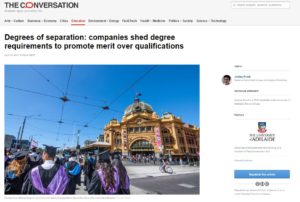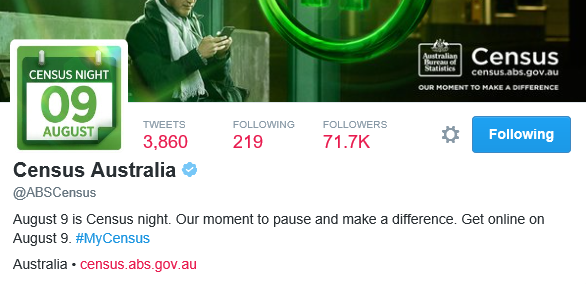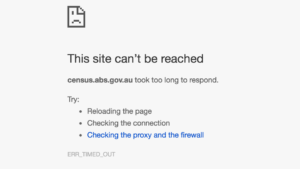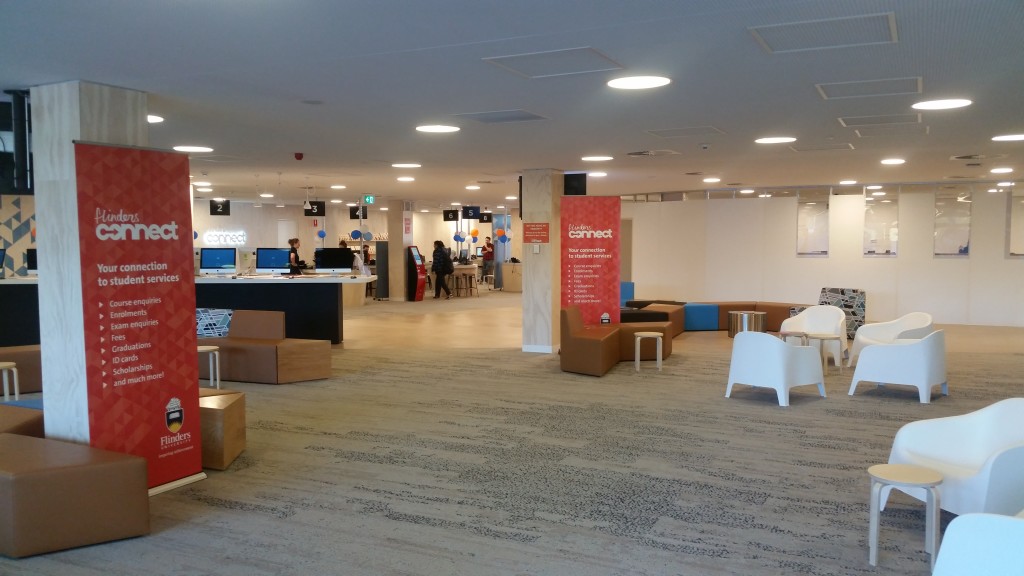 Last week I wrote a post on ‘students as customers’ in the context of a more corporatised, commoditised Higher Education market. It was interesting then to see another post today discussing the emerging trend of employers dropping requirements for degrees as part of their recruitment criteria, instead selecting candidates
Last week I wrote a post on ‘students as customers’ in the context of a more corporatised, commoditised Higher Education market. It was interesting then to see another post today discussing the emerging trend of employers dropping requirements for degrees as part of their recruitment criteria, instead selecting candidates
based on merit, rather than credentials, often by assessing candidates with psychometric testing or other performance based tests
This caught my attention for two* reasons. Firstly, it returned my thoughts to the student as a customer, and the likely increase in their willingness to leave the Higher Education system (or not engage in it at all) if it is not meeting their expectations – in this case employability. Secondly, it made me reflect on the role of MOOCs, not as a replacement for a degree, but as a potential perceived indicator of merit in a landscape where a degree is no longer a necessity.
 I started receiving notifications from
I started receiving notifications from 

 Well, I think its safe to call the result of this year’s Australian census, making it a much quicker call than our Federal election last month – the results are in, and the ABS lost. Lost to the point that makes the Australian cricket team’s recent performance against Sri Lanka look not all that bad in comparison.
Well, I think its safe to call the result of this year’s Australian census, making it a much quicker call than our Federal election last month – the results are in, and the ABS lost. Lost to the point that makes the Australian cricket team’s recent performance against Sri Lanka look not all that bad in comparison. In the first two posts of this trilogy I discussed the background of the Flinders Connect student service centre and a strategy for driving the highest value from a combination of online self-service, service centre support, and more focused interactions. In this final post, I want to explore something which sets the University context apart from that of (say) a bank, a telco or a government department.
In the first two posts of this trilogy I discussed the background of the Flinders Connect student service centre and a strategy for driving the highest value from a combination of online self-service, service centre support, and more focused interactions. In this final post, I want to explore something which sets the University context apart from that of (say) a bank, a telco or a government department.